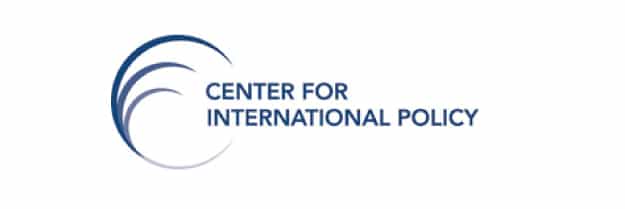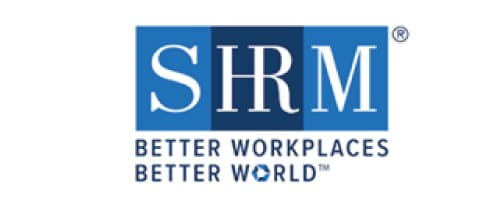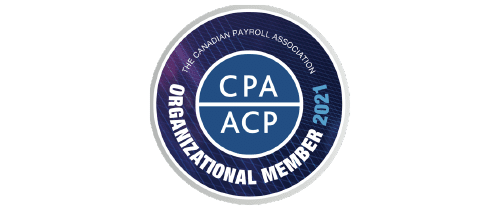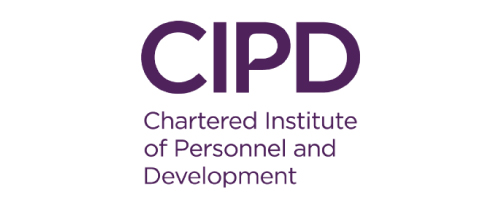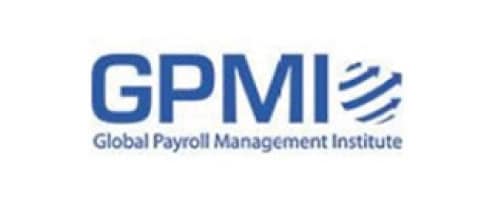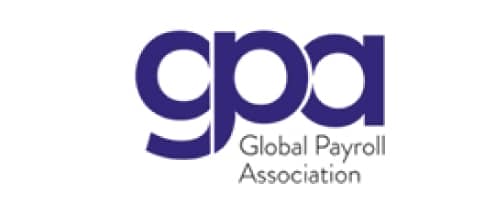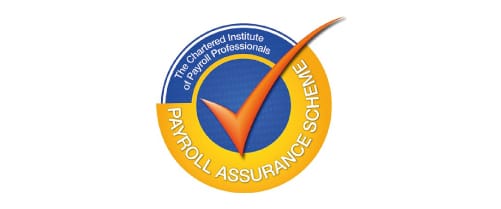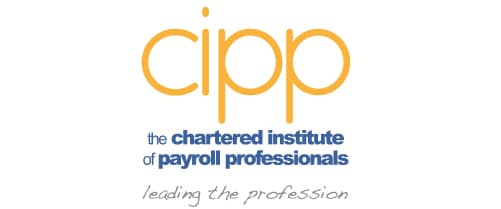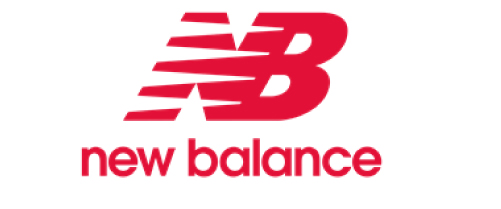
Payroll and HR in Thailand
The International HR & Payroll Company
That Speaks Your Language
IRIS FMP will simplify Thai payroll and HR. As a globally trusted and reliable payroll and HR expert, we operate 88 in-country teams to help ensure your overseas employees are looked after.
Navigating the complexities of payroll and HR in Thailand can seem challenging, and compliance is always a high priority during a global expansion. The various laws, cultures and regulations can make it feel overwhelming to stay on top of. Fortunately, we can help your business.
Looking for Payroll and HR Services?
Payroll in Thailand
We eliminate any confusion in international payroll and manage everything from local pay to benefits, and more. With our help, your growing workforce will be paid on-time, every time.
HR in Thailand
Companies place their trust IRIS FMP’s HR services to support their global employees, especially when it comes to compliance.
Thai Employment Law Compliance
We will help you to compliantly onboard new talent. As an in-country specialist in Thailand, we can help with contracts, handbooks and more.
Global Payments Services
Access compliant, global payment services and make your cross-border transfers more cost-effective.
Jump to section
Location Data
- Name
Thailand
- Region
- Asia (South-Eastern Asia)
- Population
- 69799978
- Calling Code
- 66
- Capital
- Bangkok
- Timezone(s)
- UTC+07:00
- Timezone in Capital
- (asia/bangkok) 5:53 AM
- Currency
- Thai baht (THB)
- Main Language
- Thai(ไทย)
- Other Business Languages
- English
- Tax Year Start
- 1st January
- Tax Year Start
- 31st December
Details correct at time of publication. You should not rely on these details without first seeking professional international advice.
A trusted advisor for global expansion
We support businesses in 135 countries worldwide to reach their expansion goals.
Global Expansion in Thailand
With the second largest economy in Southeast Asia, today Thailand is often considered a great land for business opportunity in this part of the world. The country boasts an array of natural resources, a hard-working and efficient workforce, and an ideal strategic position. Bangkok’s Suvarnabhumi International Airport (BKK) is easily accessible from airports across the world, with direct flights available from cities such as London, Amsterdam, Hong Kong, and Dubai.
If you’ve made the decision to expand your business to Thailand, it’s pivotal that you understand and achieve compliance with Thai HR and payroll law. The country has its own policies regarding sick pay, overtime rates, tax, and pensions among other things – all of which must be properly adhered to.
The experts here at IRIS FMP are equipped to provide guidance and consultation pertaining to your Thai expansion plans, as well as practical solutions relating to international HR and payroll law.

Employer Must-Dos
Information that must be submitted by companies in Thailand;
- Monthly Withholding Tax form (WHT)
- Income Tax Return report for companies (PDN1 K)
- Semi-Annual Tax Return form (CIT 51)
- Annual Tax Return (CIT 50
Payroll in Thailand
What tax considerations are there?
Personal Income Tax (PIT)
A Thai employee’s income is taxed according to their salary amount. Anyone earning less than 150,000 baht ($4,930) annually is exempt, and then after this the starting tax rate is 5%. Thai tax rates increase gradually up to the maximum rate of 35% for anyone earning a salary of 5,000,001 baht ($164,348) or more.
In general, tax is withheld from employees when their salaries are paid under a Pay As You Earn (PAYE) system. This then negates the need for employees to file tax forms on an annual basis, however it means employers must submit a Monthly Withholding Tax form. Manual forms must be submitted by the 7th of the following month, or the deadline for online forms is the 15th of the following month. Social Security rates are 5%, and employers are also required to pay into a workplace pension fund for their employees.
For tax purposes, anyone living in Thailand for more than 180 days is considered a resident. Residents must pay tax on their total income, regardless of whether this is from Thai or international sources. Those working in Thailand who have lived there for fewer than 180 days need only pay tax on income derived from within Thailand. Tax must be paid regardless of if you have a work permit or not.
Corporate Income Tax (CIT)
Thailand has entered into a Double Tax Treaty with most other countries worldwide. These treaties are essentially designed to stop a company’s income from being taxed twice (in more than one country).
Thai companies obtaining local and/or international income, and international companies obtaining income from Thailand, are subject to the nation’s corporate tax of 20%. This is the case unless that company has a paid-in capital or total annual income of less than 3,000,000 baht ($98,586). Anything below this will be taxed at a rate of 15%, unless the paid-in capital or total income is less than 300,001 baht ($9859) – in which case the company will be exempt from tax.
Corporate Income Tax is paid twice annually in Thailand. At the end of the first half of the tax year, a tax return must be completed within two months. Then within 150 days after the closing date of the financial year, the second tax return is due.

More information on international payroll
For further information about payroll across the world, download our comprehensive guide. Here, we address topics such as payroll laws, income tax, and sick pay.
HR in Thailand
What are the regular working hours in Thailand?
Most working Thai people are expected to work Monday to Saturday. Between Monday and Friday hours are generally 8.30am to 5.30pm with a one hour break for lunch. On Saturdays there is a half day. 48 working hours per week is the maximum.
Vacation, maternity and sickness
In Thailand, employees are entitled to six days of annual leave every year. Conventionally these are taken as single days throughout the year, rather than as block leave. In addition to this, there are 13 national holidays in the country during which employees are not expected to work.
Pregnant women can take paid maternity leave up to the length of 45 days, but are allowed an additional 45 days unpaid.
The number of lawful sick days allowed is generous in Thailand, at 30 days per year. As well as this, employees are entitled to take paid time off for personal reasons such as taking care of family members who are sick.
Termination
Most workplaces in Thailand do not supply a written contract, although there is an understanding between employers and employees of certain obligations. This includes a 30 day notice period from either party when an employee leaves.
Unless there has been gross misconduct or criminal activity, employees receive severance pay if they are dismissed. Depending on their length of service, this should be a minimum of one month’s pay.
IRIS FMP’s Thai Payroll and HR Solutions
Those contemplating a business expansion to Bangkok, Hua Hin, Khlong Luang, or elsewhere in Thailand need to acquaint themselves with local HR and payroll law. Avoid concern and uncertainty in this field by seeking advice from the experts here at IRIS FMP. We can help navigate you through the intricacies of Thai law, ensuring you achieve full compliance. Our services include, but are not limited to;
- Payroll processing
- Pension administration
- Tax reporting
- Vacation, maternity, and sickness administration
- Benefits administration
- Tax and Labor Law consultation
- Year End Income Tax Reconciliation
- Translation services
- Email payslip processing
- Payroll auditing
- Consultation with your HR team
- Payroll in multiple currencies

Let IRIS FMP guide you through HR and payroll in Thailand
Avoid unnecessary stresses during your business expansion journey into Thailand. Get in touch today to find out how we can help you achieve compliance with local employment law.
